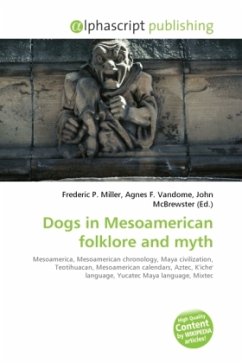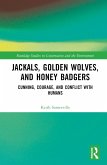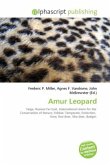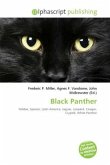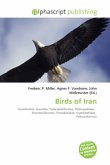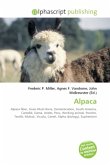High Quality Content by WIKIPEDIA articles! Mujina is an old Japanese term primarily referring to the badger. In some regions the term refers instead to the Japanese raccoon dog or to introduced civets. Adding to the confusion, in some regions badger-like animals are also known as mami, and in one part of Tochigi Prefecture badgers are referred to as tanuki and raccoon dogs are referred to as mujina. Like the tanuki and the fox, the mujina of Japanese folklore is an avid shapeshifter and deceiver of humans.One of the forms the mujina is purported to take, as popularized in a story by Lafcadio Hearn, is that of a "faceless ghost". This particular sort of monster is often referred to by English speakers as a mujina, but the Japanese know it as noppera-b .On May 19, 1959, Honolulu Advertiser reporter Bob Krauss reported a sighting of a mujina at the Waialae Drive-In Theatre in Kahala.
Bitte wählen Sie Ihr Anliegen aus.
Rechnungen
Retourenschein anfordern
Bestellstatus
Storno


